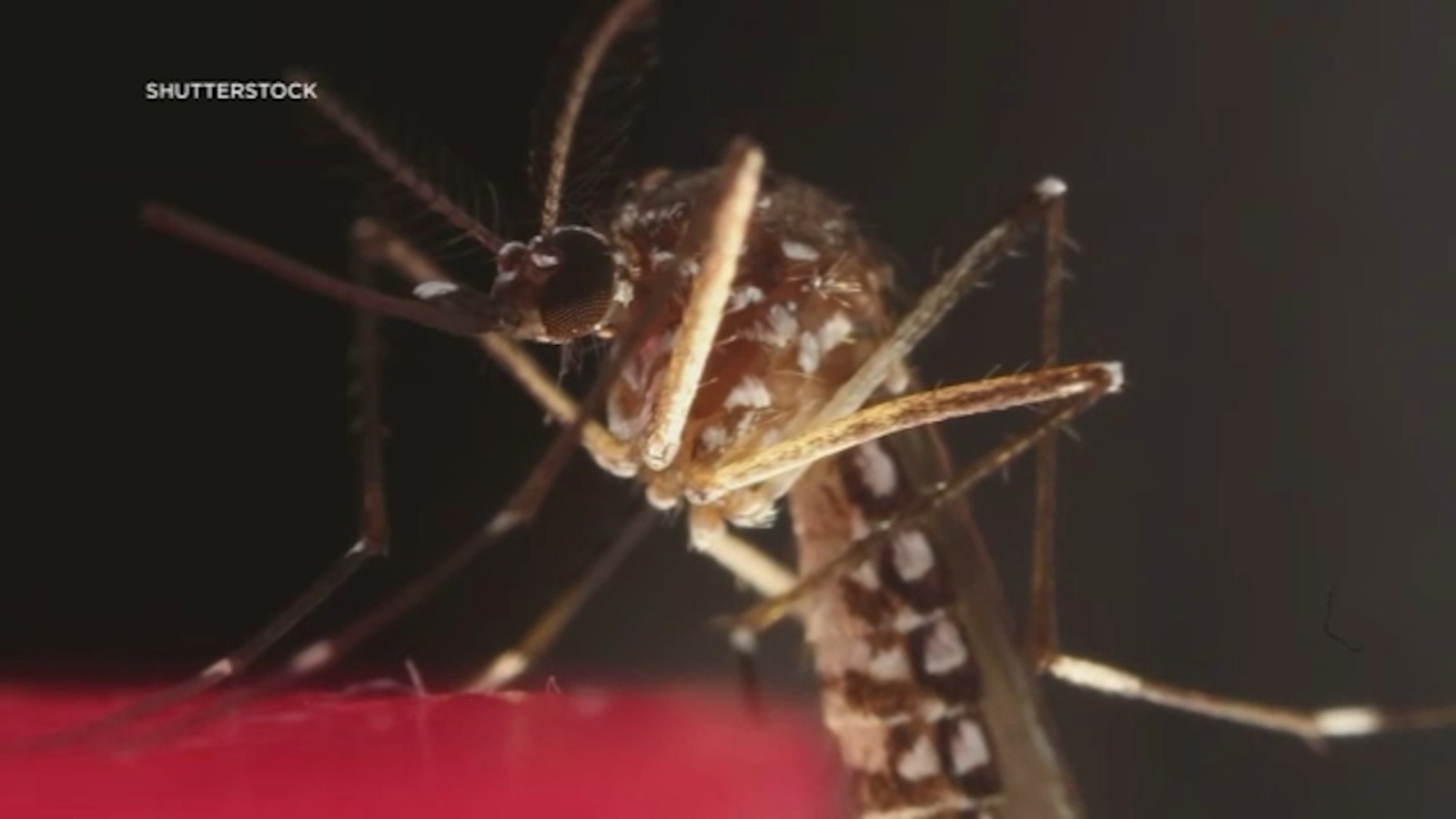Spot the Signs: Common Rashes & Sores – What You Need to Know (Singapore)

Rashes and sores are a surprisingly frequent occurrence in Singapore, affecting both children and adults. From the playground to the office, these skin irritations can pop up seemingly out of nowhere. But is that itchy rash just a minor annoyance, or could it be a sign of something more serious? At Westfield Health, we understand your concerns and aim to provide clear, reliable information to help you navigate these common skin conditions.
Why Are Rashes and Sores So Common?
Several factors contribute to the prevalence of rashes and sores. These can include:
- Allergies: Exposure to allergens like pollen, certain foods, or even fabrics can trigger allergic reactions manifesting as rashes.
- Infections: Viral (like chickenpox or measles), bacterial (like impetigo), or fungal infections (like ringworm) are common causes.
- Irritants: Contact with harsh chemicals, soaps, or even excessive rubbing can irritate the skin.
- Heat Rash: Singapore's tropical climate can easily lead to heat rash, particularly in children.
- Eczema & Dermatitis: These chronic skin conditions can cause recurring rashes and itching.
Common Types of Rashes & Sores to Watch Out For
Here's a quick rundown of some common culprits:
- Chickenpox: Characterized by itchy, fluid-filled blisters. Highly contagious.
- Measles: Begins with fever, cough, runny nose, and followed by a rash. Also highly contagious.
- Impetigo: A bacterial skin infection causing red sores, often around the nose and mouth.
- Ringworm: A fungal infection that presents as a circular, itchy rash.
- Heat Rash (Miliaria): Small, red bumps often found in skin folds.
- Eczema: Dry, itchy, and inflamed skin, often in patches.
When Should You See a Doctor?
While many rashes and sores resolve on their own, it's crucial to seek medical attention if you experience any of the following:
- Fever: A high fever accompanying a rash can indicate a more serious infection.
- Difficulty Breathing: Any breathing difficulties warrant immediate medical attention.
- Spreading Rash: A rapidly spreading rash could be a sign of a contagious illness.
- Severe Pain or Swelling: Significant pain or swelling around the rash.
- Signs of Infection: Pus, warmth, or redness around the sore.
- Uncertainty: If you’re unsure about the cause of the rash or sore, it's always best to consult a doctor.
Prevention & Care Tips
Here are some simple steps you can take to prevent and manage mild rashes and sores:
- Keep Skin Clean: Gently wash affected areas with mild soap and water.
- Avoid Scratching: Scratching can worsen the rash and increase the risk of infection.
- Moisturize: Apply a fragrance-free moisturizer to keep skin hydrated.
- Avoid Irritants: Identify and avoid potential irritants.
- Dress in Loose Clothing: Loose-fitting, breathable clothing can help prevent heat rash.
Disclaimer: This information is for general knowledge and informational purposes only, and does not constitute medical advice. It is essential to consult with a qualified healthcare professional for any health concerns or before making any decisions related to your health or treatment.






